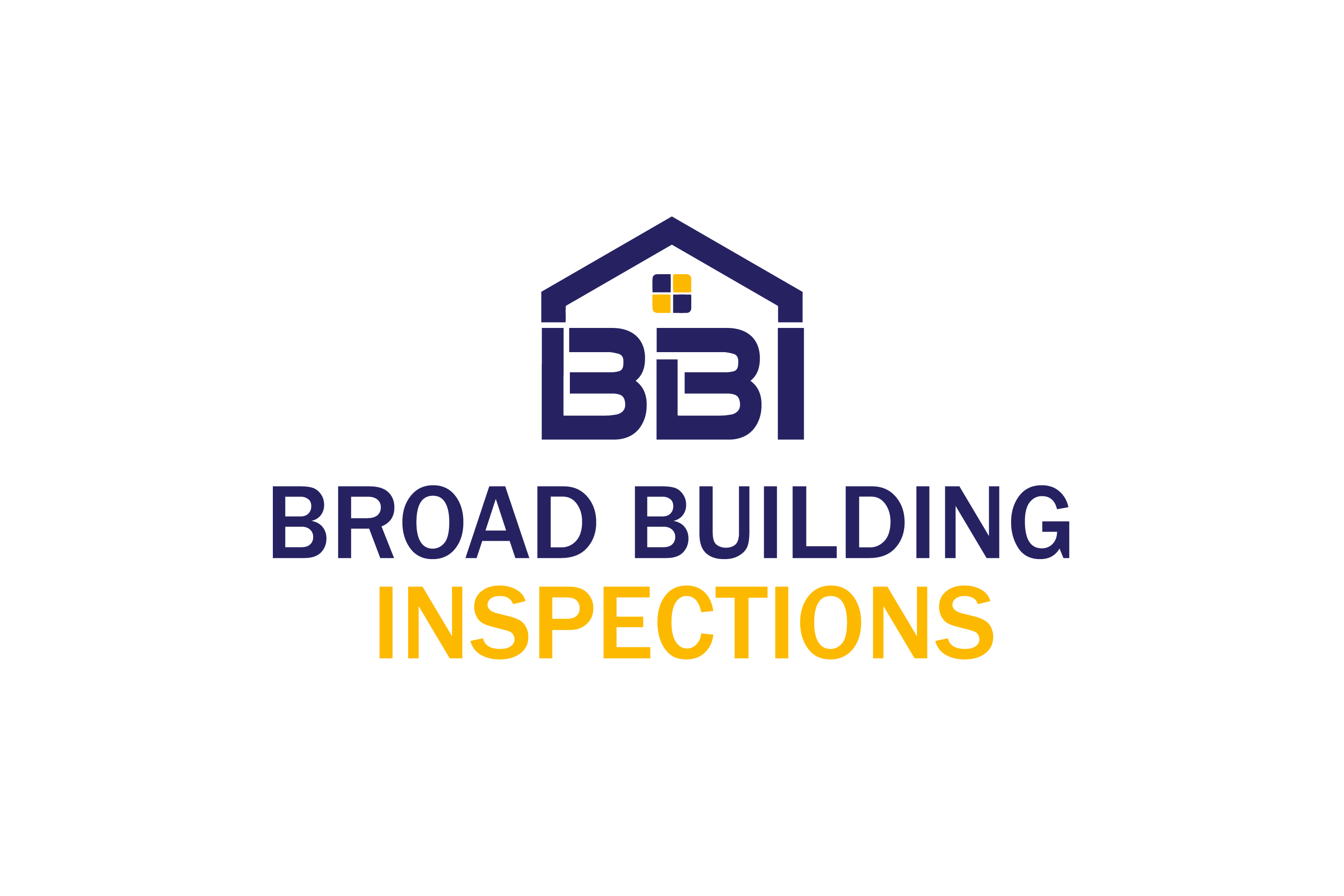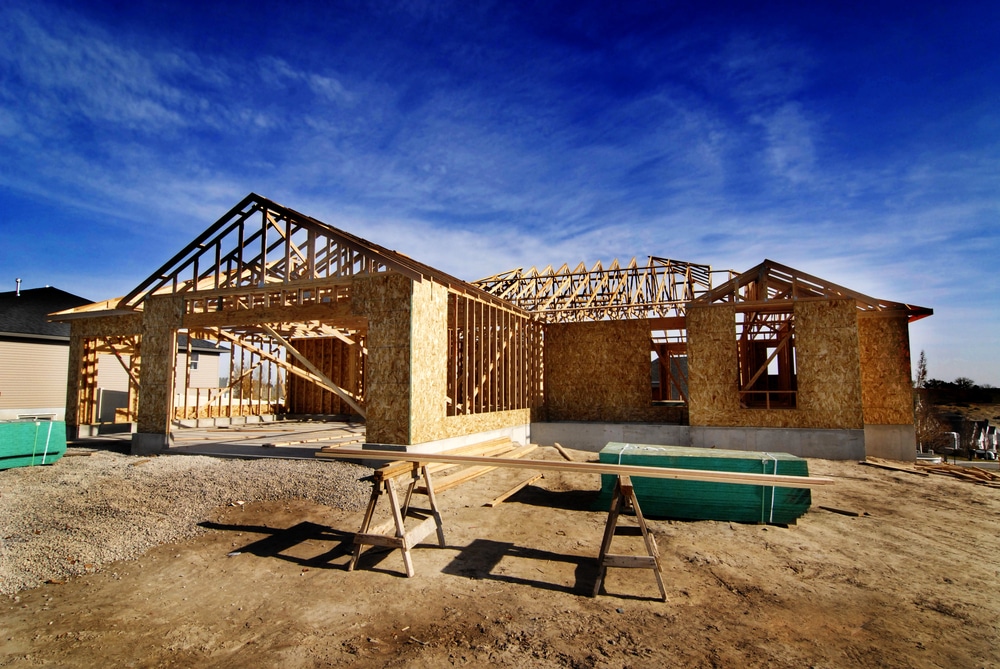If you’re in the market for a new property or looking to safeguard your current investment, a home inspection is essential. A home inspection, also known as a building inspection, is a comprehensive evaluation of the property’s structure, safety, and overall condition, giving owners and buyers a clear picture of its true state. (Note: this differs from a property condition inspection done by a property manager, which tracks minor wear and tear in rental properties.)
Despite their importance, many people make mistakes when booking home inspections, which can lead to missed issues, unexpected expenses, and even safety risks. This guide will explore the common errors made when booking inspections, along with actionable advice to avoid them, ensuring a smooth process and reliable inspection results.
1.Not Checking the Inspector’s Qualifications and Experience
In WA, building inspectors are not required to have a builder’s license, which means anyone can technically offer inspection services. This lack of regulation makes it easy to book an inspector who lacks the expertise needed for a thorough property evaluation. Savvy investors should look for inspectors at a minimum are either WA Registered Builders, WA Registered Building Surveyors or Civil Engineers (members of Engineers Society). An inspector with one of these licenses brings an additional layer of knowledge and insight, especially in Perth’s southern suburbs where factors like coastal moisture and termite risks require specialised attention.
How to Avoid This Mistake
Confirm that the home inspector you hire holds a relevant license, such as a builder’s license, and has experience with local building standards and conditions. Most of these licenses can be easily independently verified by relevant state government departments such as DEMIRS. Licensed inspectors are better equipped to handle various issues and can provide more accurate advice on property risks and maintenance needs. Broad Building Inspections is led by licensed building practitioner (BP103305) with extensive experience in both Australian and global building standards.
2.Choosing a Home Inspector Based Solely on Price
One of the biggest mistakes people make when booking home inspections is selecting an inspector based on the lowest price. While budget considerations are valid, prioritising price over quality can lead to hiring less experienced or unqualified inspectors. When relying solely on price, it is often a case of buyer beware.
How to Avoid This Mistake
Instead of choosing the cheapest option, look for an inspector who is both a registered building practitioner and experienced. An experienced home inspector brings years of industry knowledge and uses specialised tools to identify problems that other inspector may overlook. Broad Building Inspections, for example, offers inspectors with building practitioner registration , with over 40 years of building industry experience, ensuring thorough and reliable inspections.
3. Overlooking the Home Inspections Scope
Not all home inspections cover the same areas, and skipping a detailed discussion about the inspection scope can lead to misunderstandings or incomplete evaluations. For instance, some inspections may not include areas like the roof, subfloor, or outbuildings. Additionally, certain issues such as termite damage or moisture detection may require specialised tools and expertise.
How to Avoid This Mistake
Ask for a clear breakdown of what the inspection includes before booking. Ensure that your home inspection will cover all major components of the property, including structural elements, pest damage, roofing, and electrical systems. This ensures that you receive a full report on the property’s condition and don’t face surprise issues down the road. For example, Broad Building Inspections offers services ranging from standard home inspections to specialised termite and dilapidation reports, ensuring you get the coverage you need.
4. Not Attending Home Inspections
Attending the inspection may not be mandatory, but it provides an invaluable opportunity to learn about the property first-hand and ask questions as the inspector assesses each area. Many people overlook this chance to gain insights into their property’s condition and future maintenance needs, which could prevent problems down the line.
How to Avoid This Mistake
Try to be present during the inspection if possible. Being on-site allows you to see any areas of concern first-hand, ask questions, and gain a better understanding of the property. Inspectors, such as those from Broad Building Inspections, are often happy to walk clients through their findings, providing guidance and clarifying any issues.

5. Failing to Research Local Standards and Requirements
Building standards and regulations vary between locations, and it’s important to hire a home inspector who is familiar with Western Australian standards. WA has specific regulations, such as those from the Building Code of Australia and various Australian Standards (e.g., AS 4349 for inspection requirements), which address structural, safety, and pest-related standards. Hiring an inspector unfamiliar with these can lead to an incomplete or non-compliant inspection.
How to Avoid This Mistake
Ask your potential inspector about their knowledge of local WA building codes and standards. An experienced inspector familiar with WA regulations will provide a more comprehensive and compliant report, ensuring the inspection meets all local guidelines and requirements. Broad Building Inspections stays updated on all building standards applicable to WA, helping you avoid compliance issues that can lead to costly repairs or penalties.
6. Skipping the Pre-Inspection Agreement
A pre-inspection agreement outlines the scope of work, cost, and any terms or conditions for the inspection. Overlooking this step can lead to misunderstandings about what is covered in the inspection, leaving critical areas unchecked and potentially costing you extra down the line.
How to Avoid This Mistake
Ensure you receive a written agreement that details the inspection’s scope, inclusions, exclusions, and cost. This agreement should also clarify the inspector’s responsibilities and any limitations in their findings. Reviewing and agreeing to these terms protects you from unexpected gaps in the inspection and guarantees you know exactly what’s included.
7. Delaying the Inspection or Booking at the Last Minute
Waiting until the last minute to schedule an inspection can limit your options and potentially delay your property settlement or move in date. Quality inspectors often have busy schedules, and booking in advance ensures you can secure a qualified professional for a thorough evaluation without rushed findings.
How to Avoid This Mistake
Plan and schedule your inspection well in advance, ideally as soon as you start the buying process. For instance, in the pre-purchase stage, organising a home inspection early allows for sufficient time to address any findings. Broad Building Inspections offers prompt service and can often provide reports within 24 hours of the inspection, but booking early ensures you don’t face unnecessary delays.
Why Choosing the Right Home Inspector Makes All the Difference
Avoiding these common mistakes when booking a home inspection will save you time, money, and stress. A comprehensive and reliable inspection identifies hidden risks, helps you understand the property’s current state, and ensures compliance with standards applicable to WA. By choosing an inspector who understands local building regulations, has the right qualifications, and provides transparent reporting, you gain the confidence that your property is secure and well-maintained.
Broad Building Inspections is an ideal choice for property owners in Perth’s southern suburbs, from Fremantle to Rockingham. With over 40 years of industry experience, a commitment to transparent and accurate reporting, and a team of licensed professionals, Broad Building Inspections stands out as a trusted partner in protecting your investment.
Contact Broad Building Inspections today to schedule a thorough, professional inspection and avoid the common mistakes that can compromise your property’s future.


